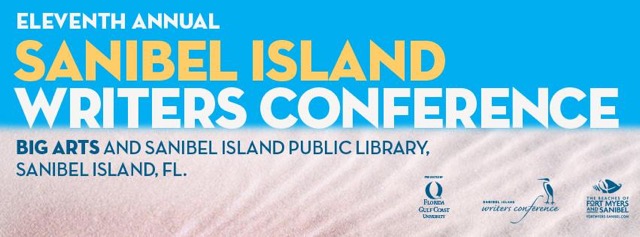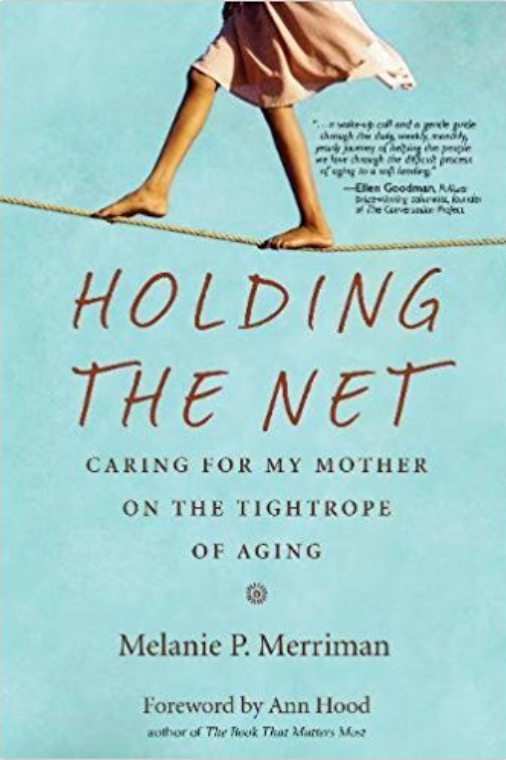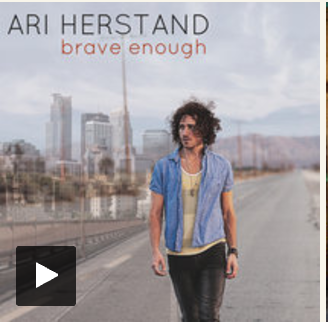Student Aaron Curtis on Editing
/You’ve heard the saying, the hardest thing about creating art is knowing when it’s finished?
Well, that’s why editing takes so long.
Every house looks the same. The houses all look alike. Each house looks like any other. The houses are interchangeable. The houses are as uniform as scattered pennies. The houses all look the same. I can’t tell which house is which. The houses are as anonymous as their owners. Each house looks the same. All the houses are the same. The houses are all the same. If the houses have even minor differences, it would take an expert in architecture to spot them. Looking at the houses, I can’t tell which is the one I grew up in and which are my neighbors; they are as like and lifeless as prison cells. Every house looks like every other house. The houses share an eerie similarity. The houses are striking in their similarity. The houses are so similar, even the residents need to check the numbers to find their way home. The uniformity of the houses is such that it’s difficult to imagine one of them singled out as home. Each house is the same. Every house looks alike. The houses are more alike than brothers, making the street difficult to navigate. The houses share a look.
I could keep going, but I think I’ve made my point. You need to make choices, and you need to live with them. The first half is easier. If you’re lucky, if you’ve written true enough in the surrounding sentences, there will be one clear winner.
For More AARON CURTIS, listen to Episode 32, Episode 45, and you can find him on his blog, Sweet with Fall and Fish.















